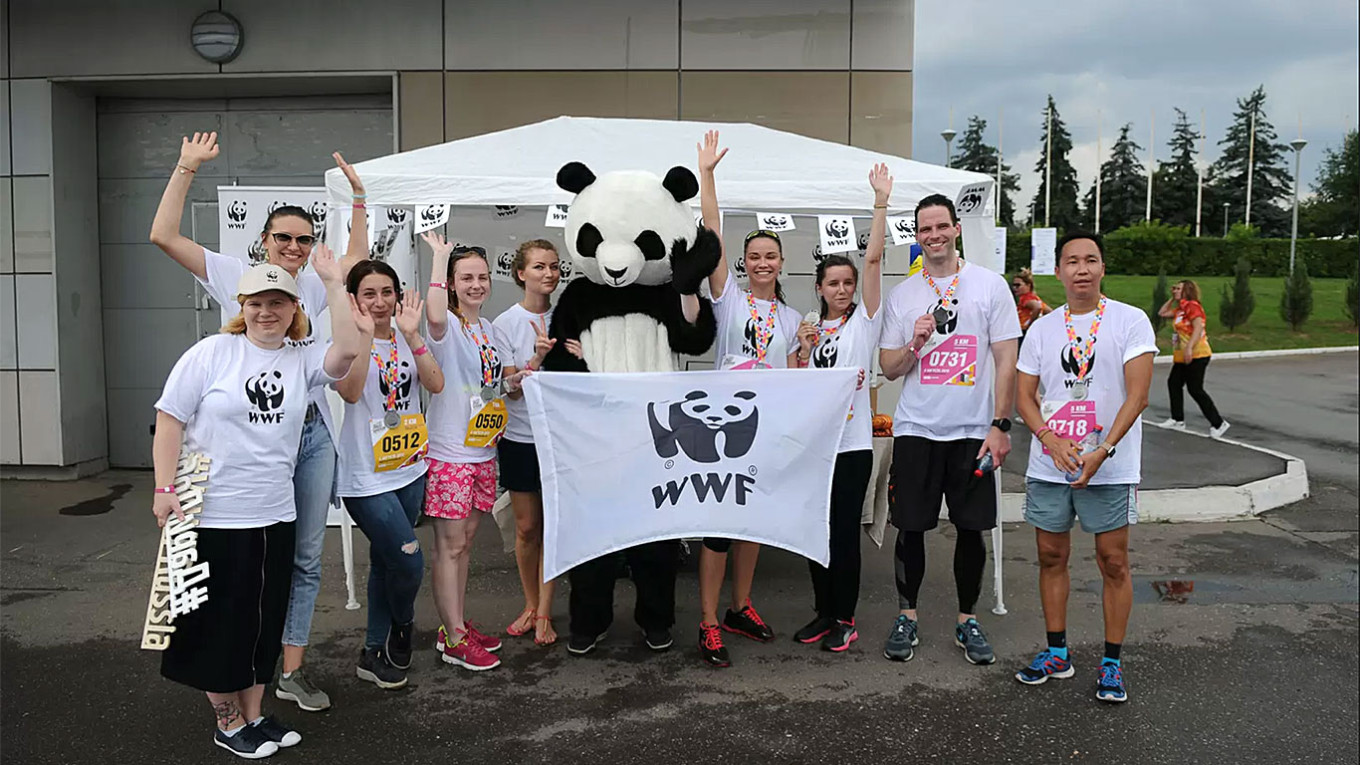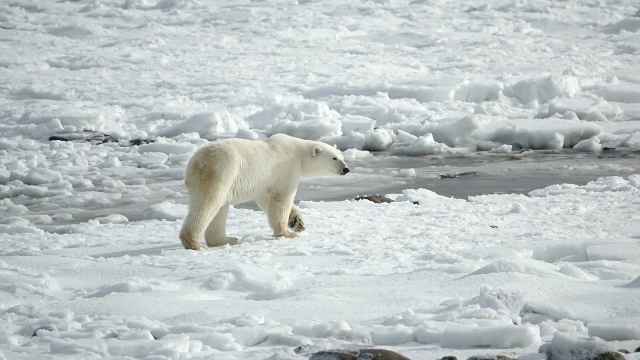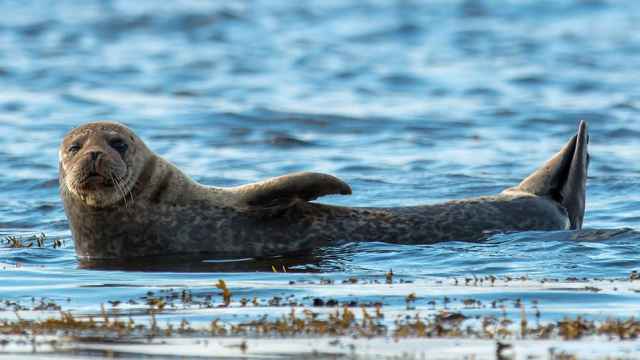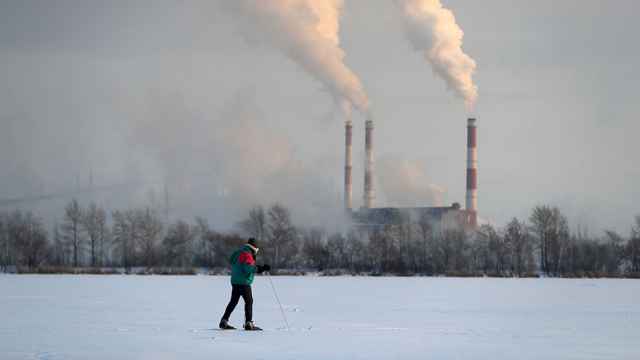Russian authorities on Wednesday labeled the World Wildlife Fund (WWF) environmental advocacy NGO an “undesirable” organization, a designation that renders all of its activities illegal in Russia.
The Prosecutor General’s Office accused the Switzerland-based WWF of “threatening” Russia’s economy and “interfering” with Russia's internal affairs as well as “financing” the activities of Russian organizations designated as “foreign agents.”
It also claimed that WWF's activities are “aimed at large enterprises engaged in the energy, oil and gas industries, as well as those involved in the development of mineral deposits and precious metals” to “collect information” about Russia’s environmental situation and “shackling the economic development of the Russian Federation.”
The “undesirable” label means the group must immediately cease its work inside Russia. Any form of affiliation with WWF, including donating to the group or sharing its content online, is now illegal.
WWF Russia, which says its mission is “to protect endangered species and preserve the nature of Russia,” was previously labeled a “foreign agent” by the Russian authorities in March.
The move to outlaw WWF comes amid a tightening clampdown on environmental groups in Russia.
Last month, Greenpeace Russia, which in particular aided in fighting Russia's seasonal wildfires, announced its closure after it was banned as an “undesirable” organization.
The environmental group Movement 42, based in northern Russia’s Arkhangelsk region, ceased its activities in January after being designated a “foreign agent.”
And in December, Sakhalin Environment Watch (SEW), a veteran environmental watchdog in the Russian Far East, announced its closure after also being labeled a “foreign agent.”
A Message from The Moscow Times:
Dear readers,
We are facing unprecedented challenges. Russia's Prosecutor General's Office has designated The Moscow Times as an "undesirable" organization, criminalizing our work and putting our staff at risk of prosecution. This follows our earlier unjust labeling as a "foreign agent."
These actions are direct attempts to silence independent journalism in Russia. The authorities claim our work "discredits the decisions of the Russian leadership." We see things differently: we strive to provide accurate, unbiased reporting on Russia.
We, the journalists of The Moscow Times, refuse to be silenced. But to continue our work, we need your help.
Your support, no matter how small, makes a world of difference. If you can, please support us monthly starting from just $2. It's quick to set up, and every contribution makes a significant impact.
By supporting The Moscow Times, you're defending open, independent journalism in the face of repression. Thank you for standing with us.
Remind me later.






